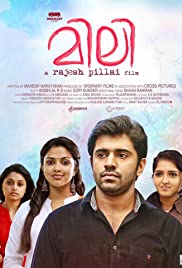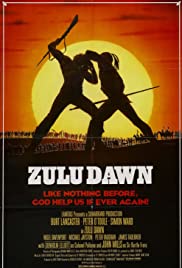
In 1879, the British suffer a great loss at the Battle of Isandlwana due to incompetent leadership. Cy Endfield co-wrote the epic prequel Zulu Dawn 15 years after his enormously popular Zulu. Set in 1879, this film depicts the catastrophic Battle of Isandhlwana, which remains the worst defeat of the British army by natives, with the British contingent outnumbered 16-to-1 by the Zulu tribesmen. The film’s opinion of events is made immediately clear in its title sequence: ebullient African village life presided over by King Cetshwayo is contrasted with aristocratic artifice under the arrogant eye of General Lord Chelmsford (Peter O’Toole). Chelmsford is at the heart of all that goes wrong, initiating the catastrophic battle with an ultimatum made seemingly for the sake of giving his troops something to do. His detached manner leads to one mistake after another.
You May Also Like

Buck, a Marine, has returned from the Iraq war. With physical disabilities, PTSD, and no real family to care for him, he can’t seem to fit into society. His cousin David puts his own life aside to care for him. Things get heated with family and friends who argue Buck is the government’s problem. David must do what is right.

In the middle of a performance of the play “Le Cocu”, a bad boulevard comedy at a Parisian theatre, Yannick gets up and interrupts the show to take the evening back in hand.
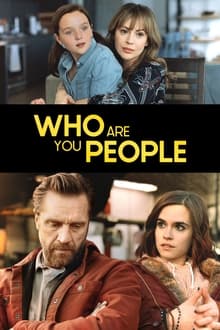
After trying and failing to seduce her teacher, 16-year-old Alex runs away from her boarding school. Trying to seek out the biological father her mother has always kept hidden from her.
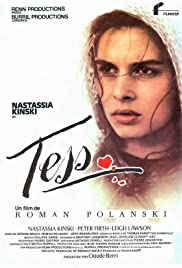
This multiple-Oscar-winning film by Roman Polanski is an exquisite, richly layered adaptation of Thomas Hardy’s Tess of the d’Urbervilles. A strong-willed peasant girl (Nastassja Kinski, in a gorgeous breakthrough) is sent by her father to the estate of some local aristocrats to capitalize on a rumor that their families are from the same line. This fateful visit commences an epic narrative of sex, class, betrayal, and revenge, which Polanski unfolds with deliberation and finesse. With its earthy visual textures, achieved by two world-class cinematographers—Geoffrey Unsworth (Cabaret) and Ghislain Cloquet (Au hasard Balthazar)—Tess is a work of great pastoral beauty as well as vivid storytelling.
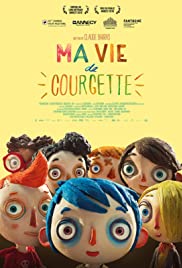
After his mother’s death, Zucchini is befriended by a kind police officer, Raymond, who accompanies him to his new foster home filled with other orphans his age. There, with the help of his newfound friends, Zucchini eventually learns to trust and love as he searches for a new family of his own.
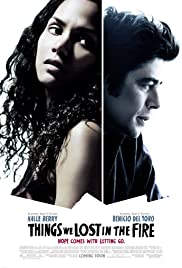
A recent widow invites her husband’s troubled best friend to live with her and her two children. As he gradually turns his life around, he helps the family cope and confront their loss.
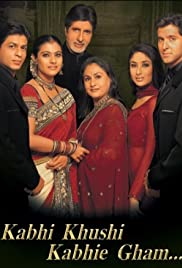
Orthodox Indian, Raichand, would like his two sons to live together with him and his wife, and get married to girls’ of his choice. One of his sons, Rahul, is adopted, while Rohan is his real son. Rahul falls in love with a poor Indian girl named Anjali, and incurs the displeasure of Raichand, they argue and fight, as a result Rahul leaves the house, moves to Britain, and settles down. Raichand now focuses his attention on his real son, Rohan, who has no plans to get married, but is determined to bring Rahul and Anjali back home so that they can be together again. Will Raichand permit Rohan to have his way, or will he also ask him to leave the house?
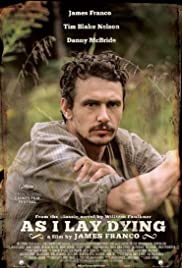

Marina, Sofia and Violeta deal differently with the death of their grandmother.
